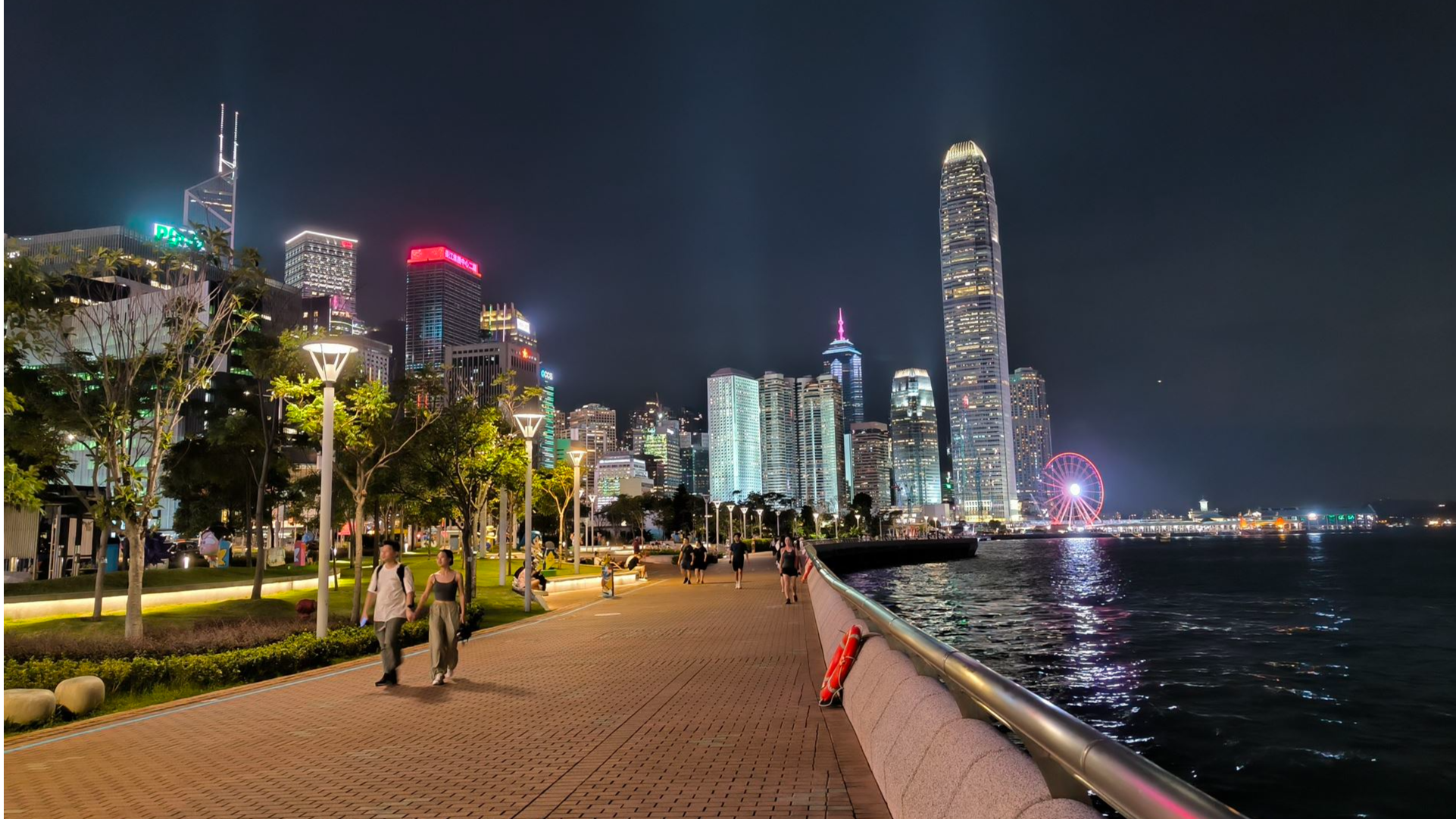
The Hong Kong Special Administrative Region will implement a global minimum tax and a Hong Kong minimum top-up tax (HKMTT) starting next year as a regulatory revamp to tackle taxation loopholes due to base erosion and profit shifting risks in a digital economy.
The Hong Kong SAR government on Friday gazeted the Inland Revenue (Amendment) (Minimum Tax for Multinational Enterprise Groups) Bill 2024 following a public consultation from December 2023 to March 2024.
The bill seeks to reform the international tax framework, Base Erosion and Profit Shifting (BEPS) 2.0, promulgated by the Organization for Economic Cooperation and Development in October 2021. The bill will be introduced into the Legislative Council for first reading on Jan 8.
Currently, more than 140 jurisdictions, including Hong Kong, have accepted the reform framework to tackle BEPS risks arising from the digitalization of the economy.
ALSO READ: HK starts market consultation on global minimum tax
Under BEPS 2.0, multinational enterprise groups with an annual consolidated revenue of 750 million euros ($720.2 million) or above (in-scope MNE groups) need to pay a global minimum tax of at least 15 percent in every jurisdiction in which they operate. In-scope MNE groups hence are less incentivized to shift profits to low- or no-tax jurisdictions for evading tax responsibility. This minimizes harmful competition among countries or regions to attract investment by lowering profits tax rates.
With the implementation of the HKMTT, when the effective tax rate of an in-scope MNE group in Hong Kong is lower than 15 percent, the Hong Kong tax authority has the right to collect top-up tax from the group's entities in Hong Kong to bring their effective tax rate up to 15 percent. Otherwise, according to the BEPS 2.0 rules, other relevant jurisdictions have a right to collect top-up tax in respect of these low-taxed Hong Kong entities.
It is estimated that the collection of top-up tax will bring an annual revenue of about HK$15 billion ($1.92 billion) to the administration from the financial year of 2027-28.
ALSO READ: Call to leverage HK’s advantages
In–scope MNE groups will also be spared the need to pay top-up tax in respect of their low-taxed Hong Kong entities in other relevant jurisdictions in which they operate, thereby reducing their compliance burden.
“In a fairer global taxation environment, our various advantages for attracting businesses and investment will only be more accentuated, including the strong support from the motherland and close connection with the world under the 'one country, two systems' principle, our simple and transparent tax regime, mature financial markets, independent judicial system, modern infrastructure and quality talent pool,” Secretary for Financial Services and the Treasury Christopher Hui Ching-yu said in a government statement.
The financial services chief added that the Inland Revenue Department has set up a dedicated team to provide technical support and will publish online guidance addressing common concerns for in-scope MNE groups to ascertain their tax liabilities better.
READ MORE: Putting HK on stronger footing
“We welcome the implementation of HKMTT which preserves Hong Kong’s taxing right to collect top-up tax from the group’s entities in Hong Kong, which otherwise will be lost to other jurisdictions. We recommend the government dedicate the top-up tax to be collected to provide tax incentives to Hong Kong companies to ensure a sustainable growth of the Hong Kong economy,” Deloitte China Tax Partner Polly Wan told China Daily.


